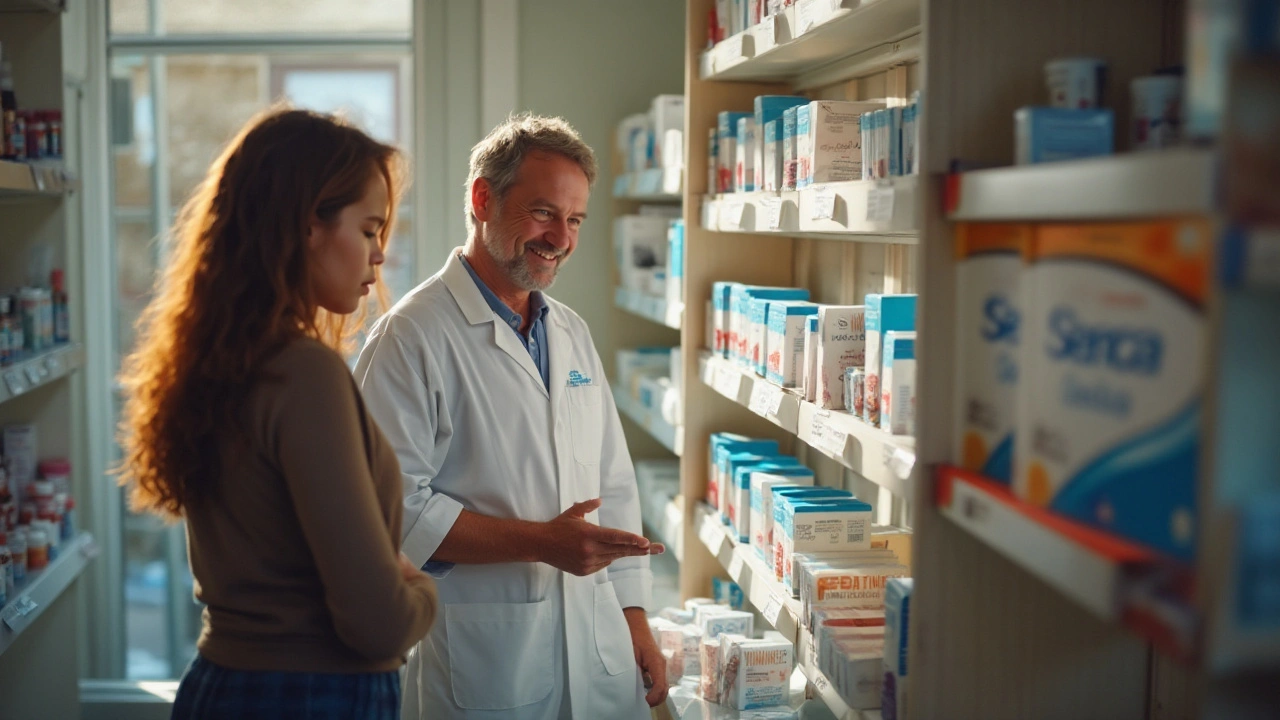Natural supplements: practical uses, safety, and how to choose them
Thinking of trying a natural supplement? Good idea — but a handful of herbs and powders can help, while others can cause harm if you’re on medication or take too much. This page gives short, usable facts about common natural supplements, what they do, and how to avoid mistakes when buying and using them.
What common natural supplements do
Red yeast rice: contains monacolin K, a compound similar to the cholesterol drug lovastatin. It can lower LDL cholesterol, but it can also affect your liver and interact with other statins. If you’re on cholesterol medicine, check with your doctor before using it.
Nutmeg: a spice that some people use as a mild digestive aid and mood booster. In culinary amounts it’s safe; in large doses it causes nausea, dizziness, and worse. Don’t take high-dose nutmeg extracts without medical advice.
Rice bran: high in fiber, antioxidants, and healthy fats. It can support digestion, blood sugar control, and cholesterol lowering. Look for stabilized rice bran (heat-treated) to prevent rancidity.
Condurango and Rumalaya: traditional plant-based remedies found in our articles. Condurango is marketed for digestion and general wellness; evidence is limited. Rumalaya products (often topical) are used for joint pain relief — creams may help with local pain, but watch for skin irritation.
How to pick safe supplements
1) Check the label: look for standardized extracts and exact ingredient amounts. Avoid vague statements like "proprietary blend" with no dosages. 2) Third-party testing: prefer products tested by NSF, USP, or ConsumerLab. 3) Read warnings: pregnancy, breastfeeding, liver disease, and interactions with prescription meds are common exclusions. 4) Start small: begin with the lowest suggested dose and try it for 2–4 weeks to judge effects.
Be cautious buying from unknown online sellers. Our site has guides on verifying online pharmacies and finding reliable sources — verify credentials, look for contact info, and read real customer reviews. Don’t buy products that make dramatic medical claims or list no ingredients.
Drug interactions are real. Red yeast rice can act like a statin; some herbal supplements change how the liver breaks down drugs (CYP enzymes). If you take blood thinners, antidepressants, blood pressure meds, or cholesterol drugs, get medical advice before starting anything new.
Report side effects. If you develop rash, stomach pain, unusual tiredness, jaundice (yellow skin/eyes), or muscle pain, stop the supplement and see a doctor. Keep a list of supplements and medicines to share with your clinician.
Short checklist before buying: check active ingredients and dose, confirm third-party testing, read interactions/warnings, buy from a trusted seller, and discuss with your healthcare provider. Natural doesn’t always mean safe, but used carefully many supplements offer real benefits.

